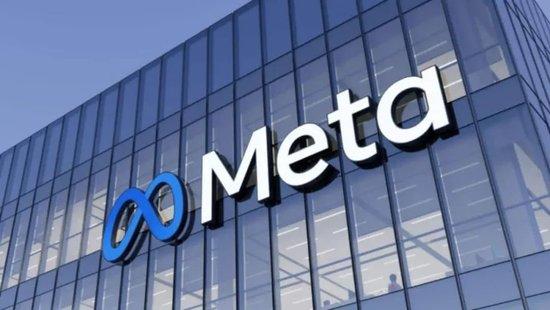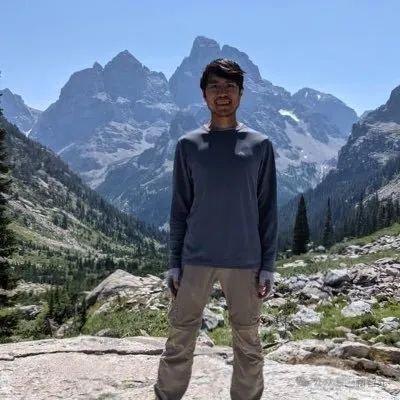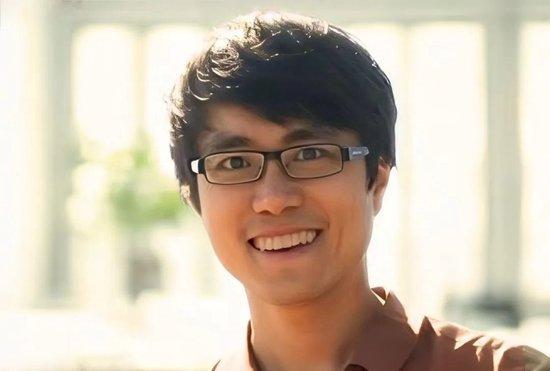




Recently, the American tech company Meta has hired Chinese AI engineer Pang Ruoming (Ruoming Pang) with a total compensation package exceeding $200 million.
Pang Ruoming previously served as the head of the AI research and development team at Apple Inc. After joining Meta, his salary not only far exceeds that of CEO Tim Cook’s $74.6 million in cash compensation but also approaches Cristiano Ronaldo’s annual income of $285 million, making him the first professional in the AI field to earn a salary comparable to that of a top football star.
As Pang Ruoming joined Meta, several other AI engineers were also lured away by Meta with high salaries, sparking a fierce competition for talent in Silicon Valley.
Mark Zuckerberg’s “AI Anxiety”
According to media reports, the hefty compensation package offered to Pang Ruoming mainly consists of stock options and signing bonuses.
This over $200 million “annual package” is not distributed entirely in cash but is divided into three parts: a base annual salary, signing bonus, and the largest portion, which is tied to performance and company stock.
Many large tech companies, including Apple, Google, and Microsoft, typically set a four-year stock ownership period when signing employees, unlocking 25% of their stock annually. This means that if Pang Ruoming leaves early or Meta’s stock price performs poorly, his salary may not reach the expected figure.
However, looking at the industry’s average compensation levels, Pang Ruoming’s earnings are well above those of most corporate executives.
This time, Meta CEO Mark Zuckerberg is willing to spend heavily to attract talent, related to the newly established “Super Intelligence Lab.”
Mark Zuckerberg. (Archive photo)
Meta revealed that this lab is considered the core of Meta’s AI strategy, aiming to “create a general artificial intelligence more intelligent than humans,” ultimately becoming “a personal super intelligence suitable for everyone.”
Compared to the new generation of large models launched by major tech companies, Meta’s equivalent products have not achieved an absolute advantage in terms of experience and practicality, especially in terms of inference quality, multimodal interaction, and efficiency. This may have led to Zuckerberg’s “AI Anxiety,” prompting a faster pace of talent acquisition.
It is understood that to create a “Super Intelligence Lab,” Meta plans to invest hundreds of billions in AI infrastructure, research, and talent. In the past few months, Meta has poached more than 10 researchers from OpenAI, recruited technical backbones from Anthortic, Google, Scale AI, and other companies. According to media reports, at least nine Chinese scholars are part of this team, eight of whom graduated from top Chinese universities such as Tsinghua, Peking University, Shanghai Jiao Tong University, or the University of Science and Technology of China.
Meta’s aggressive recruitment efforts have also triggered strong reactions from competitors. Mark Shuo, Chief Research Officer at OpenAI, stated in an internal memo on June 29th: “I feel like someone has broken into our home and stolen something.”
Meanwhile, several Silicon Valley tech companies have also begun a fierce competition for AI talent. In June this year, Nvidia founder Jen-Hsun Huang personally recruited two Chinese AI engineers. In July, Google successfully acquired the core team of AI startup Windsurf.
A “Tech Giant” with Both Scientific Research and Product Understanding
Who exactly is the most notable figure in this talent battle? Industry insiders have described Pang Ruoming as follows: “He knows both computational power construction and algorithmic design, and is someone who understands both scientific research and product development.” Looking through Pang Ruoming’s resume, his academic experiences perfectly match the conventional image of a “tech giant.”
Public information shows that Pang Ruoming graduated from Shanghai Xiangming Middle School in 1995, and was admitted to the “Teaching Reform Joint Reading Class” at Shanghai Jiao Tong University without an exam. In 1998, he pursued further studies in the United States, obtaining a master’s degree from the University of Southern California and a Ph.D. from Princeton University.
A screenshot of Pang Ruoming’s LinkedIn profile.
After completing his Ph.D., Pang joined Google as Chief Software Engineer, working for 15 years. During his tenure at Google, he participated in the development of key components of big data services and co-founded the “Consistency Authorization System,” which continues to support Google’s core services to this day.
Since 2017, Pang transitioned to Google’s “Brain Application Research,” leading the research and implementation of voice recognition products. He collaborated with Google Research Vice President Wu Yonghui to develop the Babelfish/Lingvo framework, which has become the highest-used deep learning platform for Google AI chips.
Furthermore, he was a core contributor to the Google Tacotron 2 system. Tacotron 2 is an advanced neural network speech synthesis system capable of generating highly natural human-like voices directly from text, now widely referenced in industry model design.
In terms of academic research, over 46,000 citations have been made by more than 100 papers published on the “Google Scholar” website, far exceeding the average number of scholars.
Cao Liangliang, head of Google AI, once praised him: “Ruoming is a rare engineer who is respected and loved by everyone. He is not only a top expert in machine learning but also has a profound understanding of infrastructure. Every time I read his code, it astounds me.”
In 2021, Pang joined Apple, leading the AI foundation model development team to develop Apple’s proprietary large language models for supporting Apple’s AI and voice systems, completing the “from 0 to 1” process.
According to media reports, by the end of June this year, Apple’s smart system did not receive favorable feedback, and the new generation voice system was continuously delayed. Apple even considered using models from other companies to drive its voice system, which has also dampened the morale of Pang Ruoming’s team.
Reports indicate that several engineers in the team have expressed a desire to leave their current positions. Last month, Tom Gundert, Pang Ruoming’s trusted assistant, left Apple ahead of schedule. The team’s personnel upheaval might also be one of the reasons he is considering switching to work at Meta.
With Meta’s high-paying recruitment of AI talent drawing attention, recent news about Mark Zuckerberg’s “AI Genius List” has also been revealed.
According to The Wall Street Journal, Zuckerberg is compiling a “Genius List” for AI talent. The list features the top AI engineers and researchers currently in Silicon Valley. To attract these individuals, Zuckerberg has established a work group called “Recruitment Party,” where he personally reminds people about the recruitment process.
The general profile of the engineers on the list includes PhD graduates from universities such as Berkeley, Stanford, Carnegie Mellon, and MIT, who have worked at Google, OpenAI, and DeepMind.
Based on these criteria, Meta’s ultimate target audience could only consist of 50 people. This indicates that Meta’s heavy investment in recruiting AI talent is not a broad net but rather targeted towards individuals capable of bringing qualitative change.
However, for many Silicon Valley programmers, the high salaries being offered by giants for AI talent not only bring envy but also a real sense of crisis.
On one hand, many Silicon Valley engineers feel that with the increased efficiency of AI coding, the situation for ordinary programmers is becoming increasingly difficult. With limited AI roles available, when programmers develop AI that replaces their work, it could ultimately lead to their unemployment.
In July 2025, Microsoft announced the layoff of thousands of employees, primarily in engineering positions, with the rationale being that AI has increased work efficiency.
According to the American career consultancy Challenger Gray & Christmas, by the first half of 2025, layoffs due to technological automation had affected 20,000 jobs in the United States.
On the other hand, major tech giants in Silicon Valley have also begun to implement large-scale layoffs, particularly “optimizing” many non-AI departments.
It is understood that since 2022, Meta has cumulatively laid off tens of thousands of people. At the beginning of this year, Meta announced it would reduce its workforce by 5% through performance evaluations, targeting employees involved in non-AI projects for “last-in, first-out” elimination.
A product manager working in Silicon Valley told Global Personnel that when tech companies start massive layoffs, certain groups not directly related to core business operations are eliminated altogether.
It is evident that the current balance in the talent market in Silicon Valley has significantly tilted: on one end are the “AI geniuses” who are rare and coveted by tech giants, and on the other end are non-core business positions that are being massively cut back. As the annual salaries of “AI geniuses” continue to soar, this imbalance is expected to worsen.